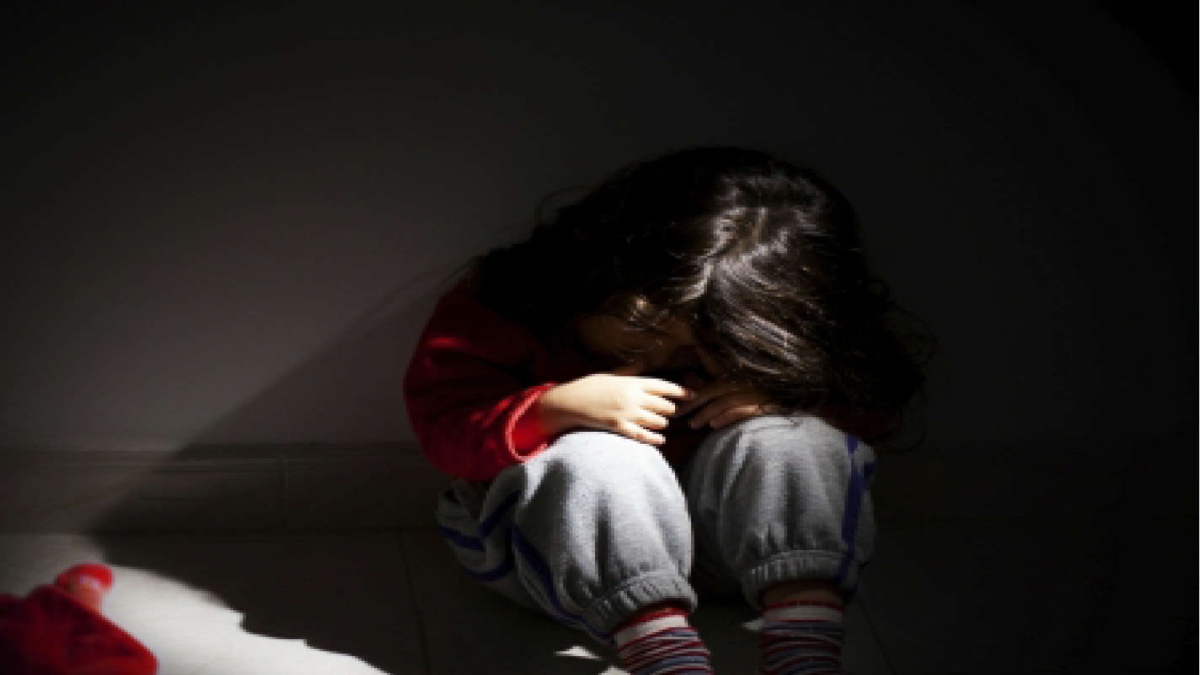
Childhood sexual abuse (CSA) is a traumatic experience. The effects of this trauma get amplified by the severity of the trauma experienced, closeness to the abuser, duration of the abuse and more importantly, how people they shared this information with reacted to it.
The dynamics of CSA are unique and often very different from that of adult sexual abuse. Perpetrators are typically known to the child and therefore rarely use physical force or violence. Instead, they manipulate the child’s trust in them and encourage (or threaten) them to hide the abuse. Helplessness to protect themselves or even understand what is happening to them and why sometimes makes them feel as if they’re being punished for being ‘bad.’ Depending on the frequency of access, repeated abuse becomes invasive over time and sometimes, perpetrators gradually ‘groom’ them, i.e., sexualise their relationship.
CSA disclosures are usually a challenging process rather than a single event. Fearful of threats by the perpetrator makes them feel trapped. Self-blame, guilt and the fear that no one will believe them and will dismiss their claims leads them to accommodate the abuser. It can also lead to further sexual abuse by others strengthening the belief in their young minds that they’re responsible for bringing it on to themselves. Family dynamics play a huge role here and sometimes even if the child discloses the family and caregivers might fail to protect and support them thereby increasing their distress. Consent and confidentiality make disclosure problematic as the best interests of the child conflict with the family’s concerns about giving consent. Reporting abuse is difficult for fear that the child will be victimised again. Thus, the incident of CSA goes unreported and becomes a family secret. Ironically, the onus of the secrecy also rests on the survivor and it’s painful because now they constantly feel judged and ashamed. The inability to come out of this shame spiral in adulthood leads to attempts to self-harm, impulsive and risky behaviour.
CSA significantly affects adult well-being. If one had a close relationship to the abuser, then it impairs the ability to feel safe and trust others. Often, survivors blame themselves for the abuse, even though it wasn’t their fault. This makes it difficult for them to feel good about themselves. They experience anger and struggle to deal with everyday stresses.
The struggle to cope with such overwhelming and conflicting feelings impacts the way they live their lives, what they expect from others and how they behave in relationships and their understanding of trust, control and boundaries. Other effects include a higher risk of depression, anxiety disorders and in extreme cases personality disorders. In an attempt to protect themselves, sometimes they find it difficult to remember what happened. It’s a way to dissociate the experience from themselves to lessen the pain and fear. Low self-esteem, body image issues, loss of social competence can lead to increased or inappropriate sexual behaviour. As CSA is a traumatic experience sometimes adults can exhibit symptoms (avoidance, numbing, hyperarousal, etc) that are associated with post-traumatic stress disorder.
Along with these psychological problems, physical health problems like eating disorders, irritable bowel syndrome, chronic abdominal or pelvic pain, dysmenorrhea, menstrual irregularities can be elicited. Substance abuse can also become unsuitable coping behaviour.
The notion that talking about CSA is taboo is still prevalent. Survivors fear being cut off support from family and friends when they talk about their experiences. Feelings of abandonment and isolation make it even harder so they continue to struggle alone. But survivors must seek help and support to heal from this trauma. Yes, revisiting memories and suppressed feelings are scary and can make them feel vulnerable. The same helplessness and vulnerability they felt as children are felt as is in adulthood too. Inability to breakthrough keeps them bound by using the same coping strategies that helped them in childhood. It’s almost like their lives are stuck at that moment with no way out.
Thus, sharing their experience with another is powerful and can help dispel the shame of remaining a victim, let go of the intense feeling of being dirty, understand that it wasn’t their fault and place the blame of the abuse on the perpetrators. There might be moments when they doubt their own perceptions but coming to terms with the fact that the abuse happened and it hurt them is critical to the healing process. It allows them to reach out to the child within, console them and grieve for their loss and pain. They’re permitted to feel anger at the abuser and take the decision to express it either symbolically or by confronting.
Healing is a gradual process. It allows survivors to take back control of their lives, create newer coping strategies, feel compassion for themselves and slowly learn to trust themselves again.
The writer is a mental health counsellor.